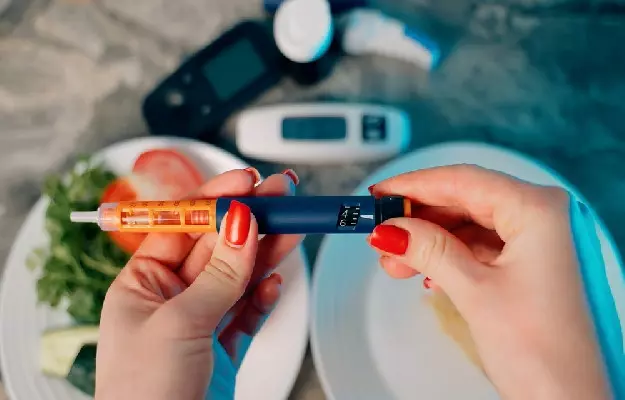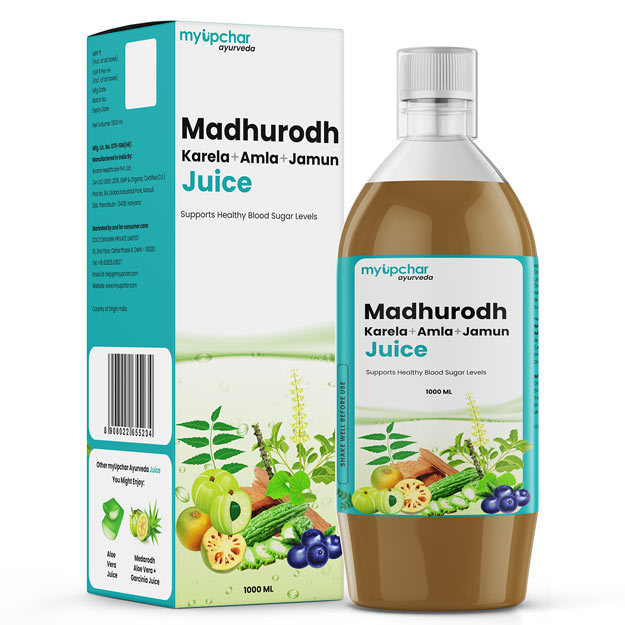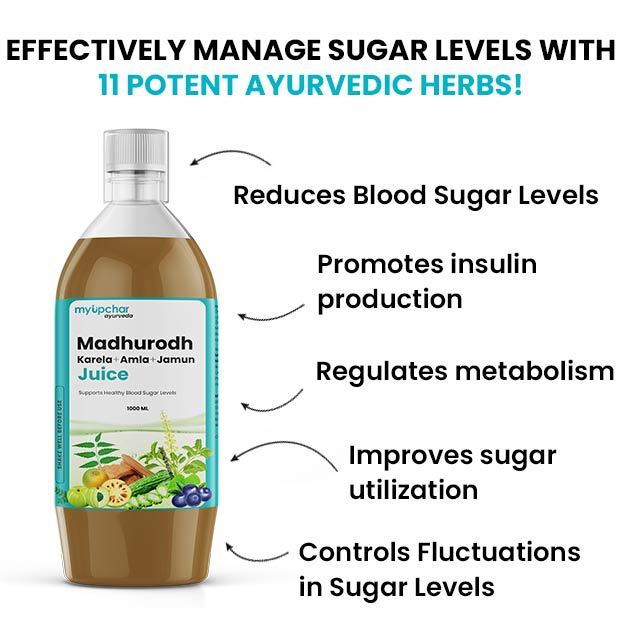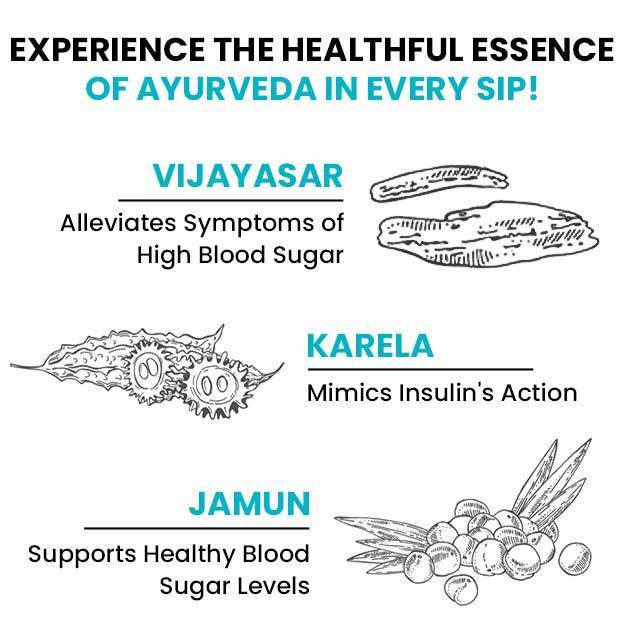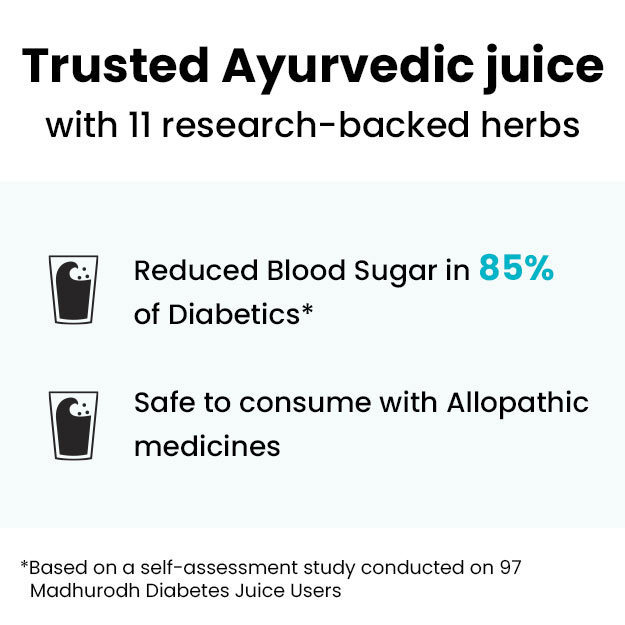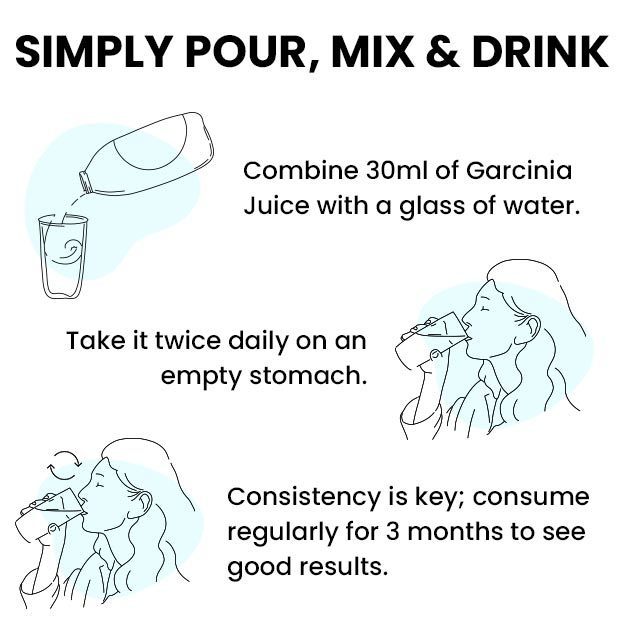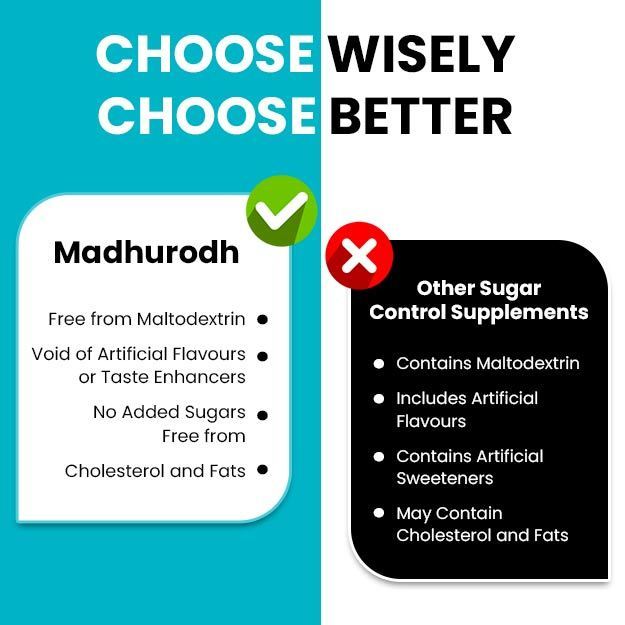1. Eat low carb foods
Of the three macronutrients – carbohydrates, proteins and fats – carbohydrates raise blood sugar and insulin levels the most. Even though carbs are an essential part of most balanced, nutritious diets, a low-carb diet can be very effective for losing weight and managing sugar.
Carb restriction can be combined with insulin reduction to treat conditions that are truly insulin resistant, such as metabolic syndrome and polycystic ovary syndrome (PCOS). According to a 2009 study, people with metabolic syndrome were fed a low-fat or low-carb diet containing 1,500 calories and found that the low-carb group reduced insulin levels by an average of 50% compared to the low-fat group. There was a decline of 19%. Those on low carb diets also lost more weight. Overall, carbohydrates are usually an important part of a balanced diet, but adopting a low-carb diet has been shown to increase insulin sensitivity and help prevent obesity, diabetes, metabolic syndrome and PCOS.
2. Drink apple cider vinegar
Apple cider vinegar may help prevent insulin and blood sugar spikes, especially when consumed with high-carbohydrate foods. One review found that consuming 2–6 teaspoons of vinegar (about 10–30 mL) per day improved the glycemic index of carbohydrate-rich foods. Another review of studies found that consuming vinegar with food affected both blood sugar and insulin levels. Consumption of this can help in controlling the glycemic index.
Researchers found that consumption of ACV significantly reduced fasting blood sugar.
Read more -(Insulin Plant for sugar patients - Diabetes)
3. Eat less food
The food we eat produces different amounts of insulin, but eating large amounts of foods that cause your body to produce excess insulin can cause hyperinsulinemia. This is of particular concern for people who are already living with obesity and insulin resistance. In overweight and obese people, low calorie intake increases insulin sensitivity and reduces insulin levels, regardless of what type of diet they eat.
Researchers found that people who consumed fewer calories had insulin levels reduced by 16% and those who ate less had insulin levels reduced by 12%. Consuming fewer calories helped reduce insulin levels in people who are overweight or obese, have type 2 diabetes or metabolic syndrome.
4. Reduce sugar intake
Eat less sugar if you're trying to lower your insulin levels. Diets high in sugar are linked to insulin resistance and weakened metabolism.
In a small 2009 study, two groups were created. One group was given candy (sugar) and the other group was given peanuts (fat). The candy group saw a 31% increase in fasting insulin levels, while the peanut group saw a 12% increase. But another study found that replacing glucose or sucrose with fructose actually reduced blood sugar and insulin levels after meals, especially in people with prediabetes or type 1 or type 2 diabetes.
Read more -(10 Home Remedies for Diabetes)
5. Prioritize physical activity
Potent insulin levels can be reduced by doing regular exercise and physical activity. Aerobic exercise is very effective in increasing insulin sensitivity in people suffering from obesity or type 2 diabetes.
There is also research that shows exercise can help lower insulin levels in older adults and sedentary people.
Beneficial in improving joint health and mobility, relieving bone and joint pain and reducing inflammation, take Joint Support Tablets and chase your dreams without any pain.
6. Eat cinnamon
Cinnamon is a delicious spice rich in health-improving antioxidants. Recent studies suggest that both people living with insulin resistance and those with relatively normal insulin levels who consume cinnamon may experience increased insulin sensitivity and decreased insulin levels.
In one study, women with PCOS who took 1.5 grams of cinnamon powder daily for 12 weeks had significantly lower fasting insulin and insulin resistance compared to women who took a placebo. Additionally, improvements in insulin and insulin sensitivity were most observed in individuals with higher BMI.
7. Choose complex carbs
While complex carbs are an important part of a nutritious diet, simple carbs typically don't contain much fiber or micronutrients and are digested very quickly.
Consuming refined carbs on a regular basis can lead to a number of health problems, including high insulin levels and weight gain. Furthermore, refined carbs have a high glycemic index (GI). GI is a scale that measures the ability of a specific food to raise blood sugar. Some studies comparing foods with different glycemic loads have found that eating foods with a low glycemic load lowers insulin levels, while eating foods with a high glycemic load increases insulin levels, even though The amount of carbs in both the food items should be the same.
Read more -(Can type 2 diabetes cause heart problems)

